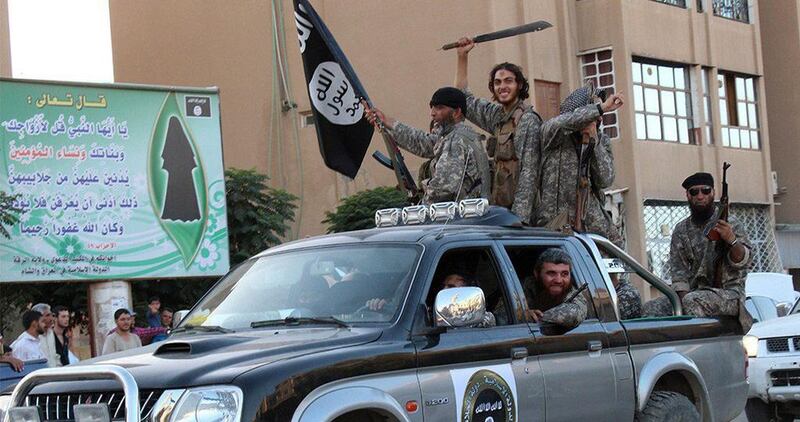In many ways, the involvement of so many Arab countries in the battle against ISIL is a defining moment. In another sense, however, it is merely a natural response to the context of the modern Middle East.
To have five Arab countries – Jordan, Saudi Arabia, the UAE, Bahrain and Qatar – as part of the coalition is defining, because it represents a real change to how this region has previously conducted its affairs. Certainly, it is a change to have it so closely involved in air strikes on another Arab nation – although at this stage, it is unknown precisely in what capacity Jordan and some of the GCC countries are participating.
But the Middle East has changed rapidly in the past few years. Not merely because of the Arab Spring, of course, but also because of the US’s disconnection from the region. While the superpower still pays lip-service to being closely involved in the Middle East – and, of course, US warships still patrol the Arabian Gulf – in reality, there is a gradual disconnection.
At the same time, the threats the region faces do not respect borders or nations. The Muslim Brotherhood, for example, which won power in Egypt and influence in other Arab Spring countries, sought not merely the domination of Egypt but intended to extend its influence to other Arab countries. The same can be said for ISIL, which does not respect the borders of Iraq or Syria, and threatens Jordan and Saudi Arabia.
And, of course, the chaos of the Syrian civil war has flooded neighbouring countries like Lebanon and Jordan with refugees, destabilising them, and Iraq’s instability is bleeding across the border into Turkey.
This is why the UAE’s foreign minister, Sheikh Abdullah bin Zayed, speaking to the United Nations Security Council last week, reiterated that international efforts are needed, not merely against ISIL, but across ongoing conflicts in Yemen, North Africa, East Africa and elsewhere.
These threats are either in Arab nations or in the backyard of the region. It is right, therefore, that the Sunni Arab countries play an important role in combating these threats. As this newspaper wrote yesterday, the importance of moderate, prosperous Arab countries such as the UAE in taking part in the attack against ISIL should not be underestimated: it sends a strong message that their barbaric philosophy has nothing to do with Islam and doesn’t reflect the civilisation of the Arabs – and nor does it reflect the future aspirations of most of the Middle East.





